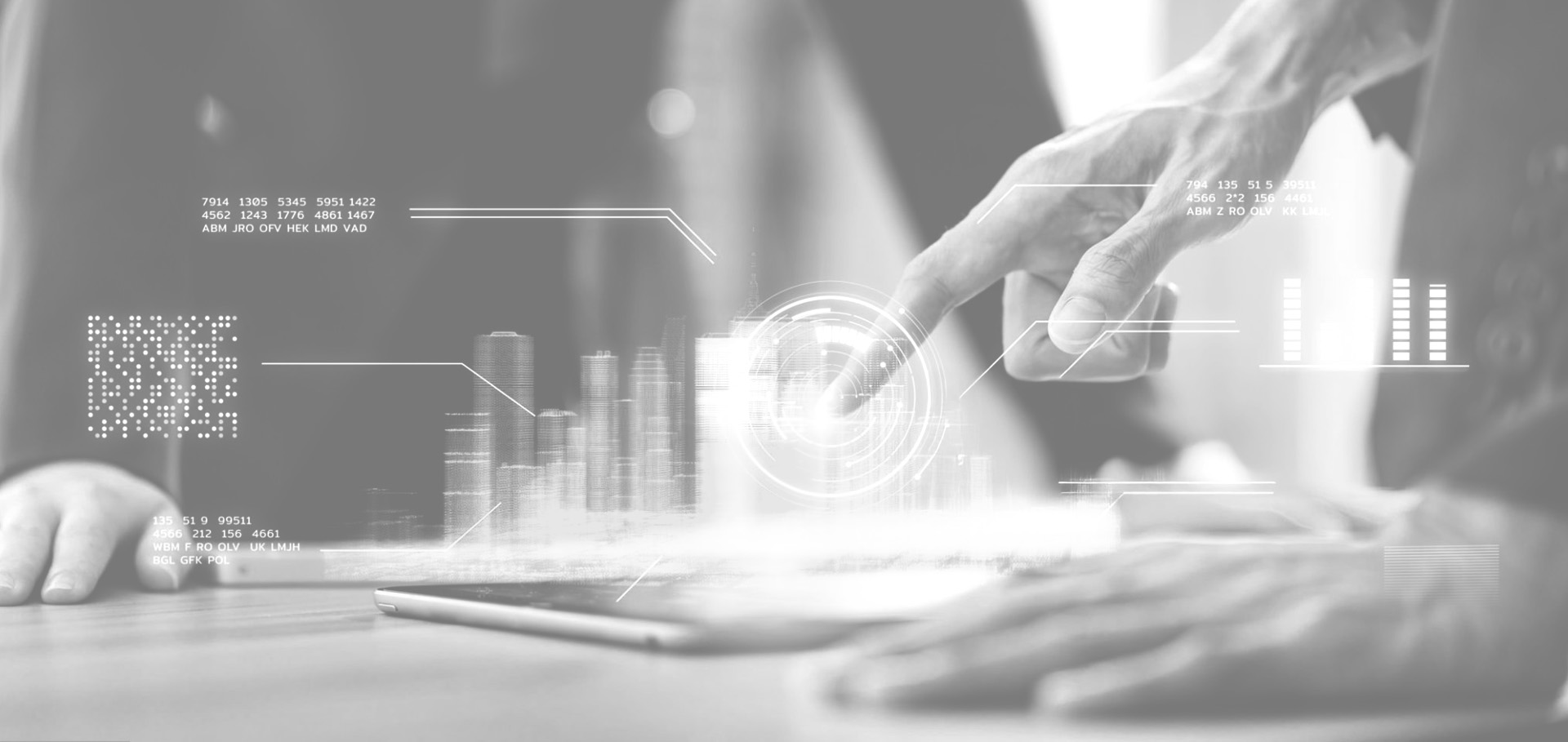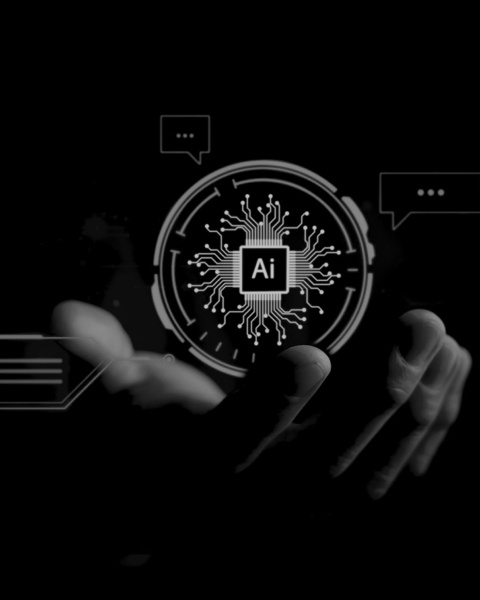As businesses increasingly rely on Artificial Intelligence (AI) to automate processes and enhance decision-making, one of the most critical challenges that must be addressed is the reduction of biases in AI systems. AI has the potential to transform industries, but if not properly managed, biased algorithms can lead to unfair outcomes, undermine trust, and even harm businesses. In this article, we explore the importance of reducing bias in AI systems and how it impacts automation, along with how Terranoha is tackling this challenge to ensure fair and reliable AI-driven solutions.
Understanding Bias in AI: What It Means and How It Affects Automation
Bias in AI occurs when algorithms make decisions or predictions based on data that is incomplete, unbalanced, or biased itself. AI systems learn from historical data, and if this data reflects past inequalities or prejudices, the AI models will replicate and potentially amplify those biases. This becomes particularly problematic when these AI systems are applied to automated decision-making in areas such as hiring, loan approvals, customer service, and law enforcement.
In the context of automation, biased AI systems can lead to errors that perpetuate unfair treatment of certain groups, reduce the accuracy of predictions, and ultimately result in poor business outcomes. For example, a recruitment AI tool might unintentionally favor certain demographics due to biased training data, leading to unequal hiring practices.
Terranoha Solution:
At Terranoha, we understand that bias reduction is key to delivering fair, reliable, and effective AI solutions. Our virtual agents are built with advanced algorithms that actively detect and minimize bias, ensuring that businesses can trust the decisions made by AI systems without fear of unfair outcomes.
The Origins of Bias: Data, Algorithms, and Human Influence
The sources of bias in AI can be traced back to several factors: the data used to train the model, the algorithms themselves, and the human decisions that influence how AI systems are developed. Bias can enter the data through historical inequalities, social prejudices, or incomplete datasets. These biases are then learned by AI systems, which can lead to skewed predictions and decisions.
In addition, the algorithms used to process this data may inadvertently reinforce biases through the choices made by developers when designing the system. These biases can be explicit, where the system’s decisions are clearly skewed, or implicit, where the biases are less obvious but still affect outcomes over time.
Terranoha Solution:
At Terranoha, we ensure that the AI models powering our virtual agents are trained on diverse, representative datasets that reflect a wide range of perspectives. We also implement rigorous testing processes to identify and correct any bias that may emerge, allowing businesses to implement AI solutions with confidence and fairness.
The Consequences of Bias in AI: Operational, Ethical, and Legal Implications
When AI systems exhibit bias, the consequences extend far beyond poor decision-making. Businesses face operational risks, such as decreased efficiency, customer dissatisfaction, and reputation damage. Ethical concerns arise when biased algorithms lead to discrimination, undermining trust in AI systems. Furthermore, businesses that deploy biased AI solutions may face legal repercussions, especially in industries like finance, healthcare, or hiring, where fairness and equity are critical.
For instance, a biased credit scoring algorithm might unfairly disadvantage certain groups, leading to regulatory scrutiny or lawsuits. Similarly, biased hiring algorithms could result in lawsuits for discrimination and damage a company’s reputation.
Terranoha Solution:
Terranoha addresses these risks by ensuring that our AI models are designed to be transparent, explainable, and fair. By reducing bias in AI systems, we help businesses avoid ethical and legal pitfalls while ensuring operational efficiency and customer trust. Our commitment to fairness and transparency helps businesses mitigate risks while maximizing the benefits of automation.
Bias Detection and Mitigation in AI Models
Reducing bias in AI requires a combination of proactive measures and continuous monitoring. The first step is to detect bias early in the development phase. This can be done by using bias detection algorithms and conducting audits to identify potential issues in data and decision-making processes. Once bias is detected, mitigation strategies must be implemented.
One common approach to reducing bias is to re-train AI models using more balanced, representative datasets. Another approach is to adjust the algorithms to prioritize fairness, ensuring that decisions are made based on relevant, unbiased criteria.
Terranoha Solution:
At Terranoha, we take an active approach to bias detection and mitigation. Our AI systems are regularly audited for fairness and performance, and we incorporate techniques such as fairness-aware machine learning to ensure that our virtual agents provide impartial, equitable outcomes for all users.
Building Trust in AI through Transparency and Accountability
Trust is a fundamental aspect of AI adoption. Businesses and customers alike need to trust that AI systems are making fair and unbiased decisions. One of the key ways to build trust in AI is through transparency—ensuring that users can understand how decisions are made and can verify that the system is not exhibiting biased behavior.
Accountability is equally important. Businesses must be able to explain how their AI systems work and take responsibility for the outcomes of automated decisions.
Terranoha Solution:
Terranoha ensures that all our AI solutions are transparent and accountable. Our virtual agents are designed with explainable AI techniques that provide clear, understandable reasoning behind their decisions. By offering transparency and accountability, we help businesses build trust in AI and ensure that their automation processes are fair and reliable.
The Future of Bias-Free AI: A Step Toward Ethical Automation
The future of AI lies in its ability to function ethically and equitably. As AI continues to evolve, the tools and strategies for detecting and reducing bias will become more sophisticated. However, it’s crucial that businesses remain vigilant, continuously testing and refining their AI systems to ensure that they uphold the highest standards of fairness.
By embedding ethical considerations into the AI development process, businesses can ensure that their AI systems contribute positively to society while driving business growth and innovation.
Terranoha Solution:
At Terranoha, we are committed to shaping a future where AI is fair, ethical, and free of bias. Our solutions are designed to not only optimize business processes but also ensure that every decision made by our virtual agents is equitable, transparent, and in line with ethical standards.
Lorem ipsum dolor sit amet, consectetur adipisicing elit, sed do eiusmod tempor incididunt ut labore et dolore magna aliqua. Ut enim ad minim veniam, quis nostrud exercitation ullamco laboris nisi ut aliquip ex ea commodo consequat.
Conclusion: Addressing Bias for a Fairer, More Effective AI
Reducing bias in AI systems is not just a technical challenge; it is an ethical imperative. By addressing bias at every stage of AI development, businesses can ensure that their AI systems are not only effective but also fair and trustworthy. The goal is to create AI solutions that benefit all users equally, enabling businesses to unlock the full potential of automation without compromising on fairness.
With the AI-powered solutions from Terranoha, businesses can rest assured that their virtual agents operate in a bias-free environment. Our commitment to fairness, transparency, and accountability allows businesses to leverage AI with confidence, driving success and innovation in an ethical manner.




